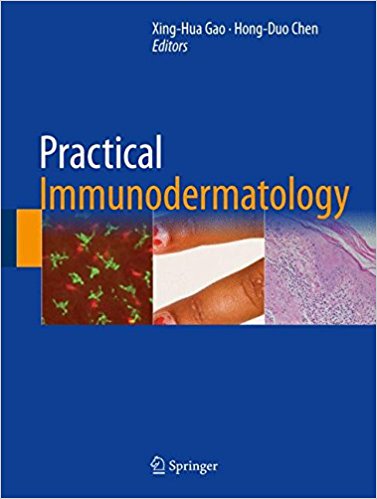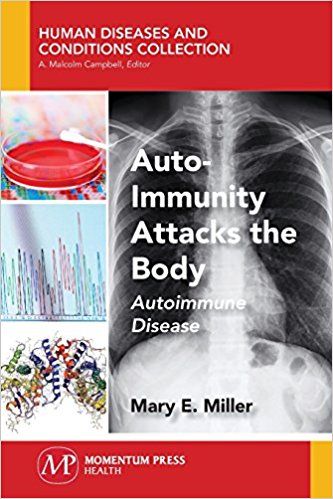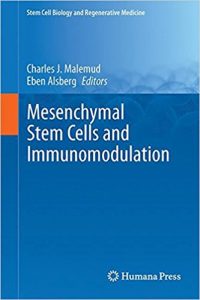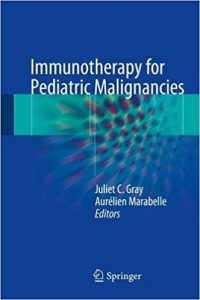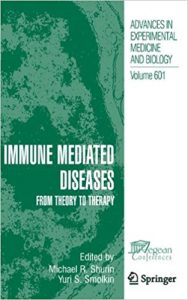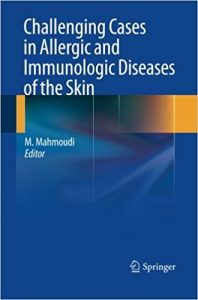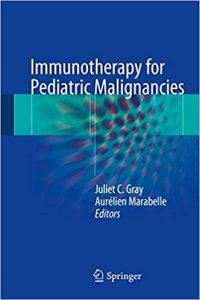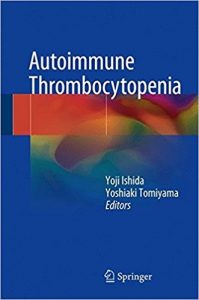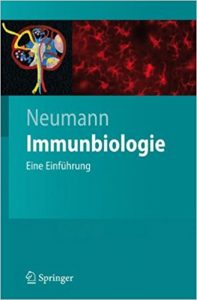Immunopharmacology and Inflammation 1st ed
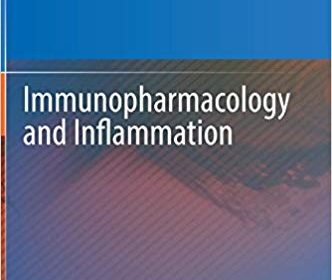
[amazon_link asins=’3319776576′ template=’ProductAd’ store=’aishabano-20′ marketplace=’US’ link_id=’fa8fec9f-8603-11e8-97a3-a9b4ba69901c’]
DOWNLOAD THIS BOOK FREE HERE
https://upsto.re/3XDqmCN
A comprehensive overview of the current research on inflammation and immunopharmacology, with particular attention to the use of anti-inflammatory drugs, this book discusses future trends in this area of pharmacological research. It addresses an audience with basic knowledge in the inflammatory process, immune system and pharmacology. The book meets the needs of graduate students, junior and senior researchers and is useful as a source of the most current information for those already working in these fields.

